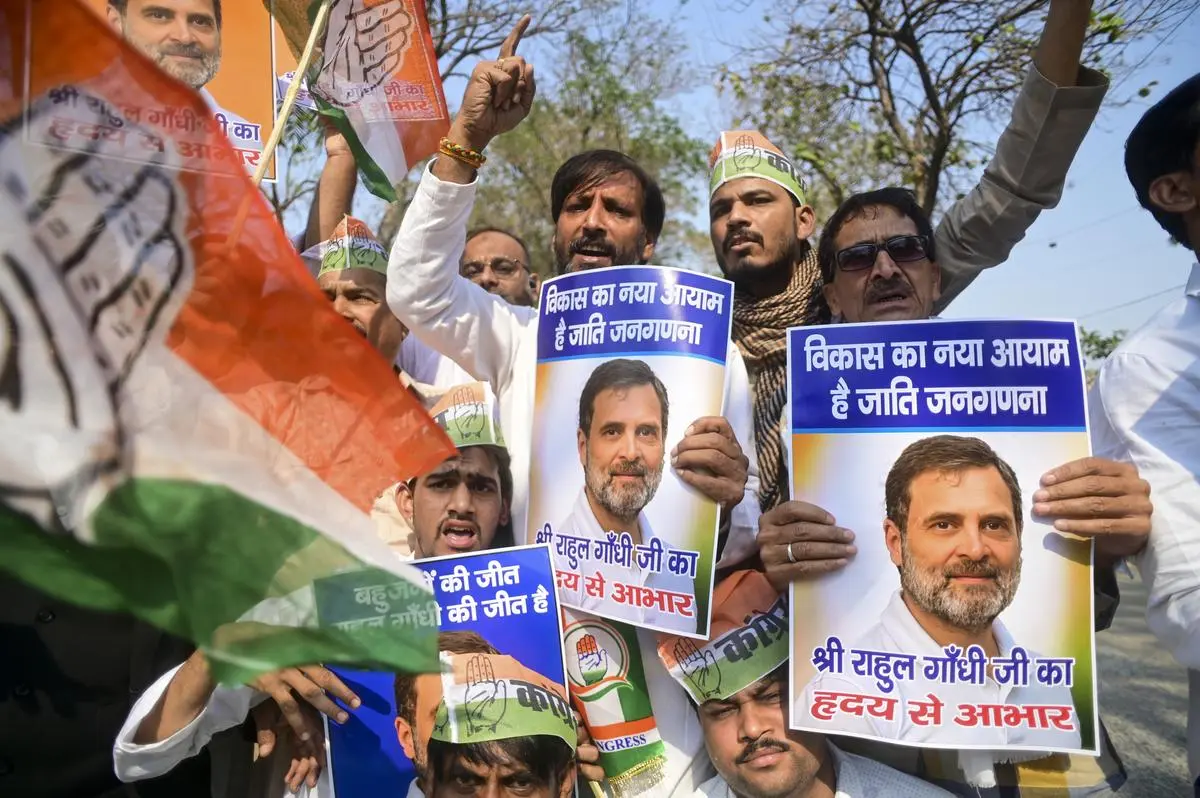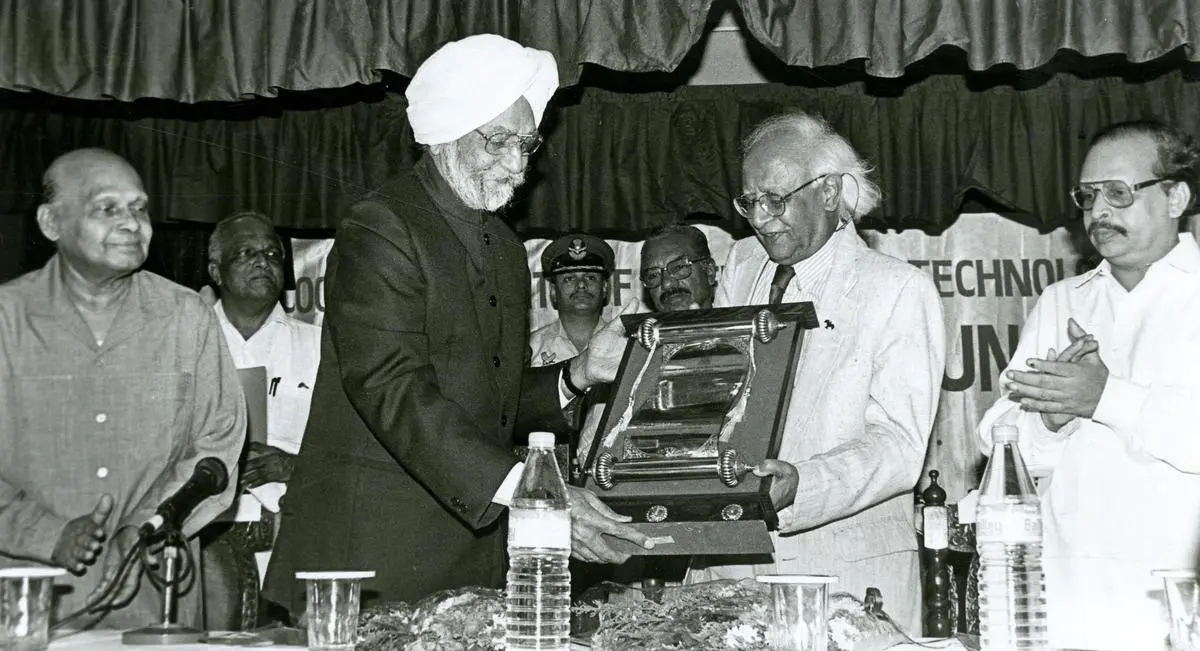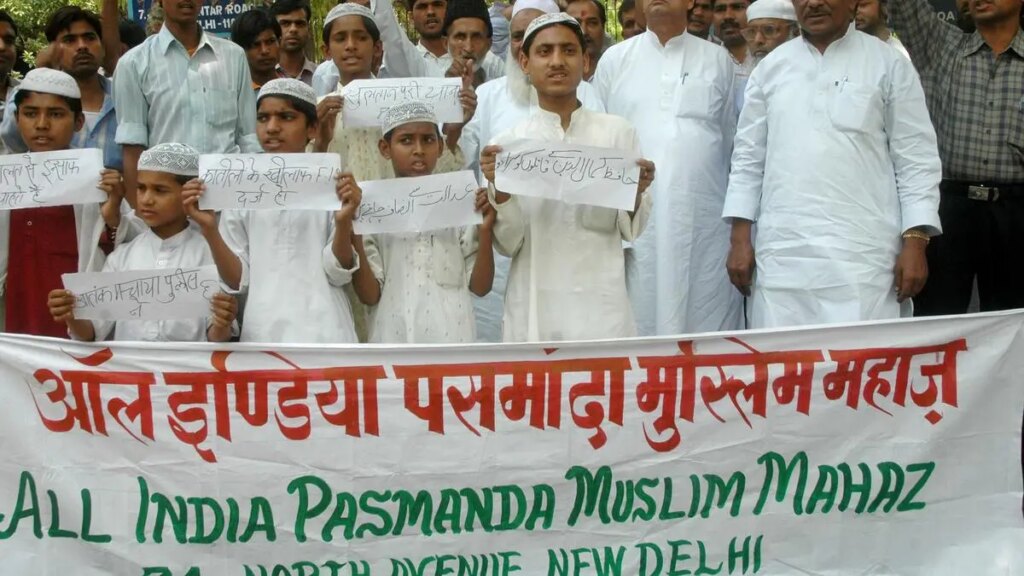Rahul Gandhi’s relentless campaign for a caste census has finally prompted the Narendra Modi government to announce that caste enumeration will be part of the next national census. While the government is keen to take credit for it, the reality tells us otherwise: it was Opposition pressure on the issue which forced the BJP to change its stand.
The caste census is indeed a significant development, but merely determining the OBC population won’t be enough.
Since the decision has finally been taken, we should let the benefits of the census flow to the more disadvantaged sections of all communities. Caste is an equally pronounced reality among Muslims as it is among Hindus. Muslims are not a monolithic community and the condition of each of the three—Ashraf (the privileged castes), Ajlaf (backward Muslims), and Arjal (Dalit Muslims)—is different.
The politics of portraying Muslims as a monolithic bloc has deprived the truly needy and disadvantaged castes among them of targeted benefits, even though these groups were acknowledged by the Kaka Kalelkar Commission (1953), the Sachar Committee (2006), and the Rangnath Mishra Committee (2009).
Even as per Mandal Commission report, minorities constitute 8.4 per cent of the total OBC population. All these indicated the existence of “Pasmanda” among Muslims, but their interests were ignored by political parties and the privileged Muslims for obvious reasons. [Pasmanda is a Persian-Urdu word that literally means “those who have fallen behind” or “marginalised.” It refers to the socially and economically backward castes among Muslims, including Arjal and Ajlaf Muslims.]
Also Read | ‘Pasmandas should not be taken for granted’: Ali Anwar Ansari
The Bihar caste survey carried out by the Mahagathbandhan government in 2023 revealed that the Muslim population in the State was 17.7 per cent and the dominant chunk of this is Pasmanda Muslims.
Not a monolith
The caste census should break the myth at the national level that Muslims are a monolithic and homogeneous community. Muslims should record their caste during the census as they did during the Bihar caste survey. They should identify themselves as Kasab or Kasai, Cheek, Churihaar, Thakurai, Dhuniya, Nat, Naalband, Pamariya, Bakkho, Bhathiara, Bhaat, Madari, Miriaseen, Momin (Jualha, Ansari), Morshikar, Rain or Kunjra (vegetable grower), Rangrjez (cloth dyer), Fakir or Madar, Sikalgar, Halalkhor, Idrisi (tailor), and Eentpaz Ibrahimi (brickayer). It’s time the disadvantaged castes among Muslims were treated differently and made to join the march of development.
But if only castes are counted, there would not be much benefit. We must check the state of education—how many people among which castes are educated. And education does not just mean a BA or an MA. We should check how many people have received technical education so that they can become doctors, engineers, scientists, etc.
We also need to count the number of IAS and IPS officers from these castes, and find out how many people are working in the private sector, as government jobs are gradually decreasing.
In the Pasmanda context, some people from Modi’s government and the BJP are spreading the rumour that this will mainly benefit the Pasmanda and that, for the first time, Pasmandas are being counted on the basis of caste. But the fact is, those promoting this narrative are actually trying to create a rift between Pasmanda and Ashrafs. They want to divide us—and we refuse to fall into that trap. The All India Pasmanda Muslim Mahaz (AIPMM), which has been active across the country since 1998, does not want to get into internal conflicts.
We also want to clarify that this is not the first time something like this has happened. In the 1931 census, Muslim castes were also counted. So it is wrong to say this is happening for the first time. Even in 1941, there was a census, although due to World War II, the data could only be partially collected and the final report was postponed.

Congress workers raise slogans as they celebrate the centre’s decision to include caste enumeration in the upcoming national census, in Prayagraj, on May 2, 2025. The party claims credit for the move should go to Rahul Gandhi, who consistently raised the demand.
| Photo Credit:
PTI
So, claiming that the 1931 census was the last caste-based census is incorrect. There was one in 1941 as well. Then in 2011, another caste survey took place—though it was called a “caste survey” and not a full census. We have repeatedly demanded that the report be released, but to no avail.
Secondly, during the Bihar caste survey, the AIPMM pointed out that under the provisions of the Census Act of 1950, both the person providing false information and the one recording it incorrectly can be punished under the law. This provision should be enforced.
Likewise, if it is proved that the official recording the data acted with malicious intent or caste bias, then he/she too should face legal action. We demand that such legal safeguards be strictly followed.
Thirdly, during the Bihar caste survey, a particular issue came up: in some castes—for example, among Momin, Ansari, Julaha (the weaver community)—certain individuals, due to ignorance or foolishness, added “Sheikh” to their names in an attempt to appear as higher caste.
For example, in the Mansoori community (also known as Dhuniya), and the Julaha community (also called Ansari), some individuals began identifying themselves as “Sheikh Ansari”.
As a result, they were counted under the Sheikh category. But in reality, Sheikh is not the largest Muslim caste by population. The largest is actually the Ansari community. Because of such errors, the data becomes misleading.
Census will provide clarity
This issue should be taken seriously. We need to cross-check how many such individuals were miscounted either due to errors by the person providing the data or the person recording it. Similarly, there were some Muslim castes with Dalit background—often a minuscule population—whose members tried to get themselves recorded as Sheikh to elevate their perceived status.
We believe that the Sheikh category is vulnerable to such manipulation. Some even write “Pathan”—especially those working in police or other influential roles—and when Hindu neighbours refer to them as “Khan Sahab”, they feel honoured.

Kerala Governor, Sukhdev Singh Kang, with Sociologist, M.N. Srinivas.
| Photo Credit:
The Hindu
This is similar to the concept of Sanskritisation explained by late M.N. Srinivas. This happens not just in Hindu society, but also among Muslims. For example, in Hindu society, Rajbhars start calling themselves Rajputs. [M.N. Srinivas, a renowned Indian sociologist, coined the term “Sanskritisation” to describe a process wherein lower castes or tribes adopt the customs, rituals, ideology, and way of life of higher castes, particularly those considered “twice-born” or Brahmins.]
Back in the 1930–1941 census, as well, a similar controversy had erupted. The Hindu Mahasabha had urged people to write “Hindu” in the caste column, while the Muslim League at the same time was appealing to Muslims to write “Muslim” instead of their actual caste. That mindset is re-emerging now.
We also need to think about the political implications of this caste census, especially in relation to Pasmanda Muslims. Now, Pasmanda Muslims are not some separate entity, just as there are Pasmandas among Hindus and backward castes in other religions too. Pasmanda is a religion-neutral and caste-neutral term.
So, just like in Hindu society, their numbers among Muslims will increase, On that basis, they will demand an increase in their reservation quota, and rightfully so.
On the other hand, when the government designs policies, if it is clear which sections of the society are more backward, then those groups should be prioritised .
Take the example of the Economically Weaker Sections (EWS) quota. A 10 per cent reservation has been granted under this category, even though in many states the proportion of the eligible population is less than 10 per cent. In some States, it may be more. Clearly, accurate data is essential. This is not only about counting OBCs—though that, too, is part of the demand. In fact, as far back as 2018, BJP leader Rajnath Singh told Parliament that his party was open to conducting an OBC census.
Some Pasmanda Muslims are already becoming targets of a misleading campaign. For example, some “clever” individuals from within the Muslim community have started promoting the idea that in the “caste” column of the census form, people should write “Muslim”, and in the “religion” column, write “Islam”.
We have strongly opposed this and explained the real intent behind such messaging. We have even made a video and released a statement explaining the issue.
Also Read | It’s not only about getting reservations; it’s about having a balanced society: Sumeet Mhaskar
You may have noticed that recently, many people who oppose caste-based identification have staged protests at places like Jantar Mantar, shouting slogans against caste enumeration. As the caste census progresses, there will be more such confusing and deliberate propaganda—for instance, urging Hindus not to write their castes, saying it weakens Hindu unity and everyone should write just “Hindu”.
To prevent this, there should be clear provisions: if someone writes anything outside the designated columns or fields, their data should be excluded from the census. There should be penalties for this as well.
If the caste census reveals that the Pasmanda Muslim population is indeed large, even though there is currently no separate reservation for them in Parliament or Assemblies, it will create political pressure.
These communities will gain confidence and begin asserting that, given their numbers, they too deserve tickets to contest Parliament and Assembly elections. Their demand will carry weight, and political parties will be compelled to respond.
Ali Anwar Ansari, a two-term former Rajya Sabha MP from the JD(U), is currently with the Congress and heads the All India Pasmanda Muslim Mahaz (AIPMM).
Source:https://frontline.thehindu.com/politics/pasmanda-muslims-caste-census-2025/article69560056.ece

